By Melissa Milios Davis, Acting Director, Colorado Media Project and
Vice President for Informed Communities, Gates Family Foundation
As over 5 million Coloradans weather the COVID-19 crisis at home through mid-April, the state’s dedicated local journalists are among the short list acknowledged as essential workers in Governor Jared Polis’ stay-in-place executive order. Each day we open our emails, scroll our social feeds, and receive potentially life-saving stories from the front lines of the crisis — from independent local sources we can count on to separate fact from fiction and hold powerful institutions to account, presented with humanity and grace.
Yet while online news traffic is surging due to reader demand for trustworthy local news and information, Colorado’s newsrooms are running on fumes. Some of this isn’t new: With Google and Facebook gobbling up more than 60 percent of local digital ad revenue annually, the number of journalists in Colorado has declined by 44% between 2010 and 2018, and nearly one in five Colorado newspapers has closed their doors since 2004. Last fall, the Colorado Media Project reported that at least 30 Colorado counties — most of them rural — have been left with only a single source of original local journalism.
Now, with local advertising plummeting to historic lows, the COVID-crisis is already further expanding Colorado’s news deserts, reshaping the local news landscape in ways it may never recover. This week the Roaring Fork Weekly Journal announced it is ceasing publication, the Durango Herald laid off five individuals from its news and advertising departments, and the publisher of the Denver alt-weekly, Westword, announced it would slash staff pay by 25%. It’s predicted widely, this may be only the beginning.
A number of my colleagues have asked: How can we support local news publishers in this challenging time? Many of these scrappy, small business owners want help navigating how to access federal and state stimulus dollars, not unlike other impacted industries. They want to keep their journalists on the payroll through this crisis — not only so reporters can continue supporting their own families, but also so they can continue producing the independent daily news and deep-dive accountability journalism that benefits all Coloradans.
Most subscription-based newsrooms have taken down their paywalls to allow free, full access to their COVID-19 coverage. For readers who have room in their budgets, now is the time to sign up for a subscription to your local newspaper anyway, to show that you value the hard work that your local journalists — your neighbors — are putting in each day. As Coloradans, many of us are rallying to support our local restaurants, retail, and service workers — let’s add local newsrooms to our list of worthy causes.
Nonprofit and public-benefit newsrooms are also hoping that local readers and philanthropists will consider their reporting, as the Governor has, an essential service eligible for COVID-19 response-related support. Outlets including Aspen Journalism, Chalkbeat Colorado, the Colorado Independent, the Colorado Sun, Colorado Public Radio, Denverite, and Rocky Mountain Community Radio stations are all worthy of contributions, and experiencing record website traffic in many cases.
Here’s a bold idea that could help: This week, the Canadian government announced a $30-million COVID-19 awareness advertising campaign, and plans to spend most of those dollars with local newsrooms. Last year in New York City, mayor Bill de Blasio signed an executive order directing all city agencies to spend at least half of their annual print and digital advertising in community and ethnic media outlets. If Colorado’s state agencies and municipal governments committed to spending their COVID-19 public information dollars on advertising in local news outlets, the double-benefit could be huge.
Another important support: State and local government officials can help ensure that local journalists have access to the most timely and complete information about vital public health information. Ensuring that the state’s “sunshine laws” are observed when reporters request county-by-county data from coroners and hospitals, emails and text messages from public officials related to the crisis, and access to meetings between health department officials and state officials would go a long way toward maintaining public trust and support throughout the crisis.
“A vibrant, responsive democracy requires enlightened citizens, and without forceful local reporting they are kept in the dark,” a recent report from PEN America stated. “At a time when political polarization is increasing and fraudulent news is spreading, a shared fact-based discourse on the issues that most directly affect us is more essential and more elusive than ever.”
While there will be many unwelcome tragedies ahead in public and personal health and the widespread economic crisis facing small businesses and families, the crisis facing local news is a crisis of democracy that most Coloradans might not notice until it’s too late. Let’s hope that Colorado’s remaining local journalists and small media businesses receive the life support they will need from readers, philanthropy, and the public sector to live another season.

